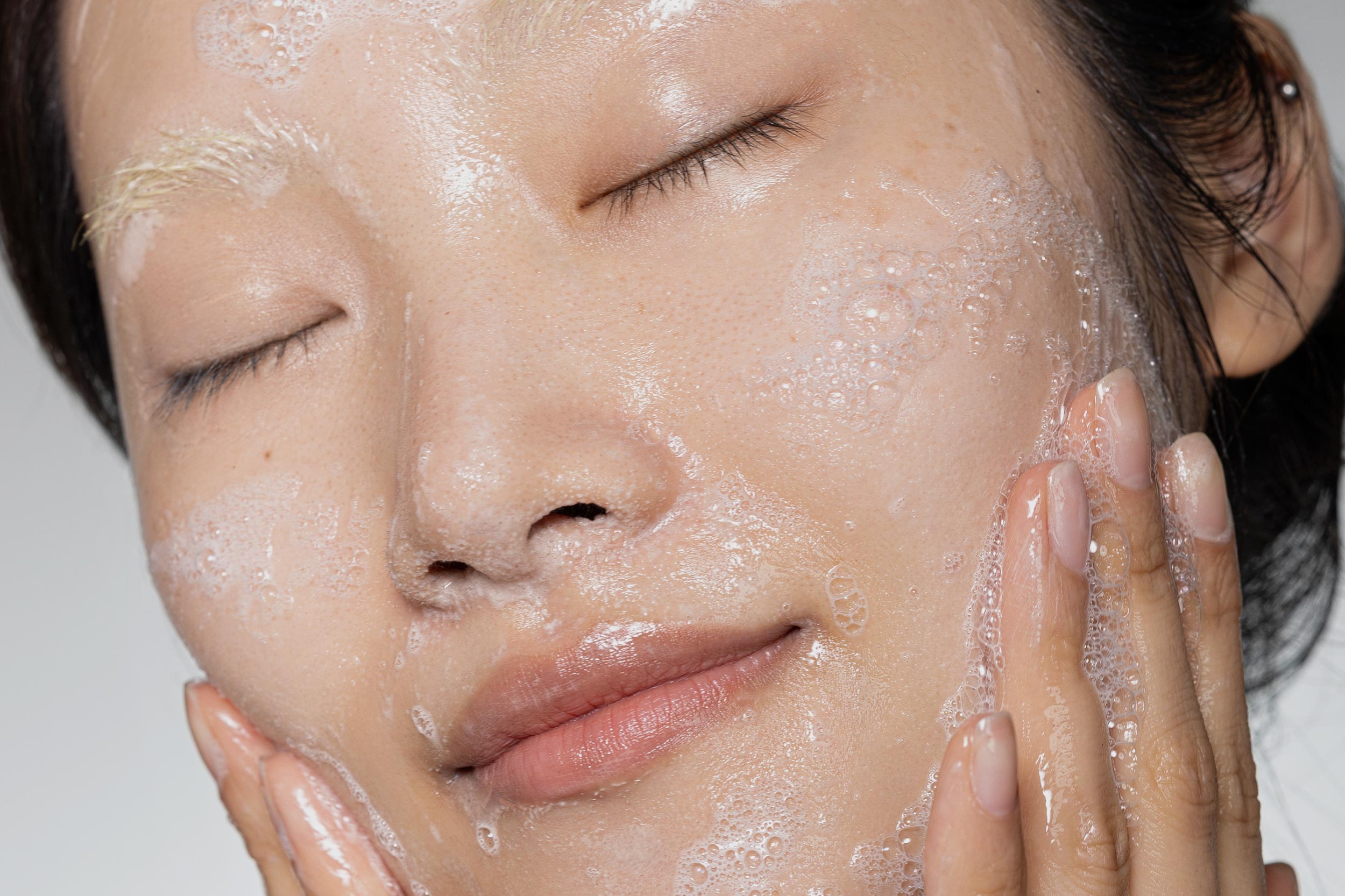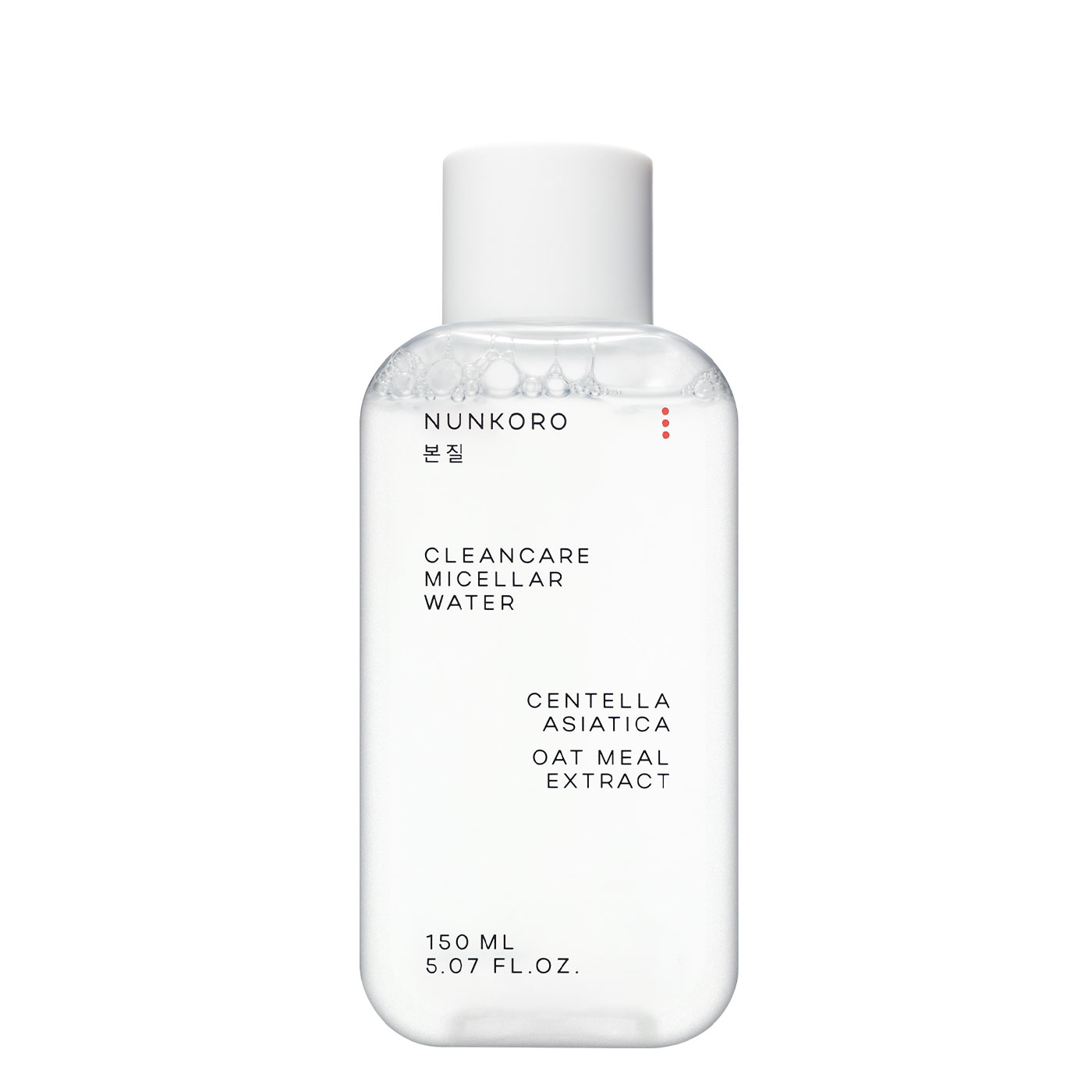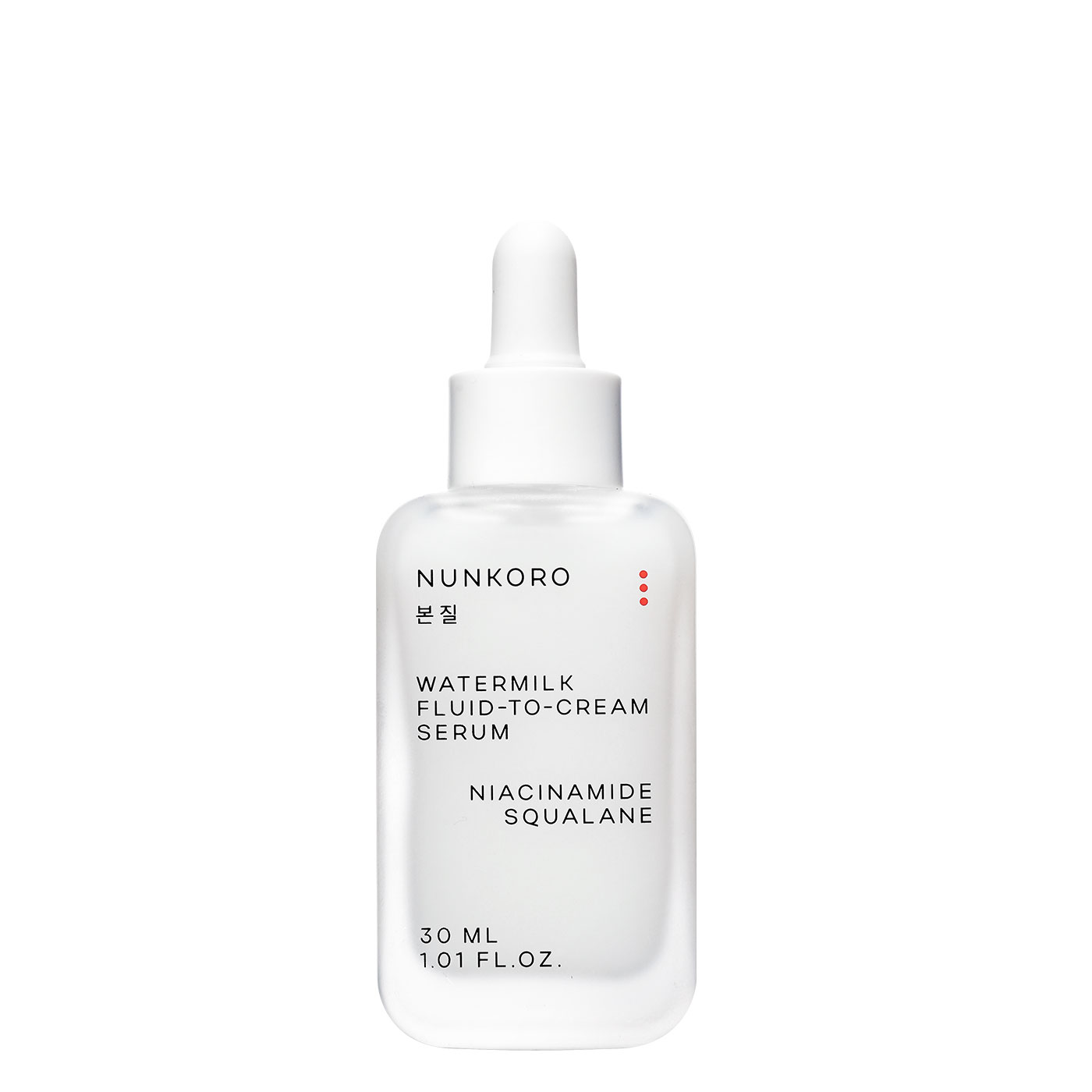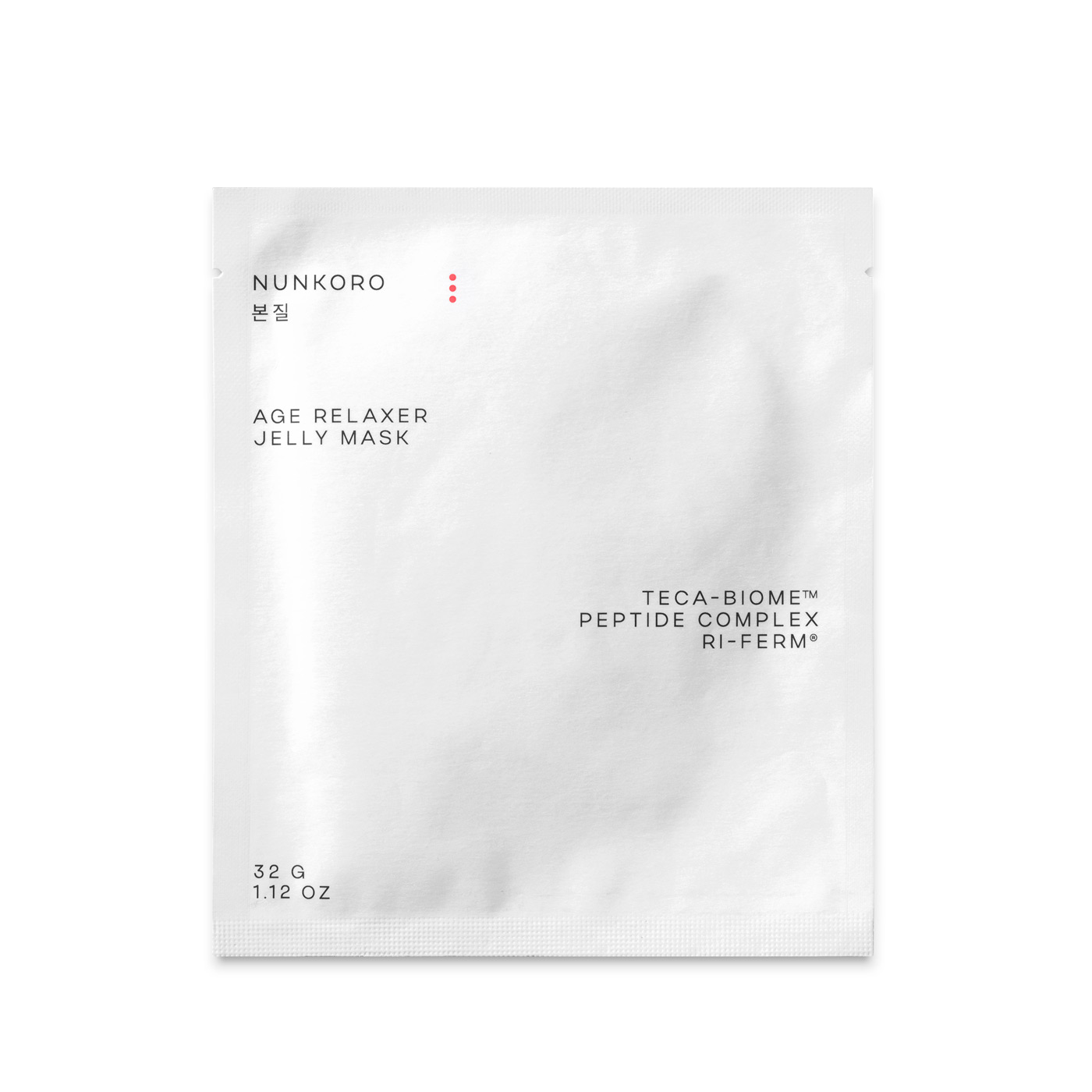
The quest for flawless skin often leads to one essential question: should morning and evening skincare routines differ? The answer lies in understanding your skin’s circadian rhythms, which govern its functions throughout the day and night. In this article, we will delve into the importance of morning cleansing, the necessity of SPF after specific ingredients, and the best cosmetic actives for nighttime care, drawing on scientific insights to inform our recommendations.
WHY A ONE-SIZE-FITS-ALL SKINCARE ROUTINE DOESN'T EXIST: MORNING VS. EVENING ROUTINE
MORNING CLEANSING: A FRESH START OR OVERKILL?
Cleansing your skin in the morning may seem redundant if you've completed an elaborate nighttime routine. However, research shows that skipping this step could leave behind impurities such as sebum, sweat, or residual products that accumulate overnight [1].
Sebum production peaks during the early hours of the day, and a morning cleanse can help:
- Remove overnight buildup: Excess sebum and bacteria can clog pores, especially in individuals with oily skin.
- Prepare the skin for absorption: Clean skin ensures better penetration of active ingredients like serums and SPF.
The American Academy of Dermatology (AAD) recommends using a gentle cleanser and moisturiser twice daily to enhance skin health. Consistent cleansing and moisturising improve the skin's microbiome, which is vital for preventing harmful pathogens and maintaining overall skin quality [2, 3].
SHOULD WE USE CLEANSERS AND TONICS IN THE MORNING, OR IS WATER ENOUGH?
The question of whether to use cleansers and tonics in the morning or rely solely on water is a common one. While some may argue that a simple water rinse suffices, research suggests that a proper morning cleanse can be beneficial for most skin types.
- Cleansers: Using a gentle cleanser can effectively remove the overnight buildup of sebum, sweat, and any residual products. This is particularly important for those with oily or acne-prone skin, as it helps prevent clogged pores and breakouts. For individuals with dry or sensitive skin, dermatologists generally recommend using low-pH cleansers and mild syndets which can provide a refreshing cleanse without stripping the skin of its natural oils.
Washing only with water may not provide adequate cleansing, potentially leading to an imbalance in the skin's microbiome, especially for individuals prone to skin conditions like eczema or acne. Without proper cleansing, residual impurities and microbes can remain on the skin, increasing the risk of irritation and inflammation [4].
- Toners: Incorporating a hydrating toner after cleansing can help restore the skin's pH balance and prepare it for subsequent products. Toners can also provide additional hydration and nutrients. For those with very sensitive skin, it may be best to choose alcohol-free formulations.
Ultimately, the choice between using a cleanser and toner or simply rinsing with water should be based on individual skin type and concerns. Experimenting with different products can help determine what works best for your skin.
WHEN SPF IS A NON-NEGOTIABLE STEP
Certain ingredients in morning skincare can increase photosensitivity, making SPF application critical. Ignoring this step can lead to redness, irritation, and long-term damage such as hyperpigmentation or premature aging. Key culprits include:
- Vitamin C: A potent antioxidant that enhances sunscreen effectiveness. However, it doesn't absorb UV rays, so it's not a sunscreen substitute and should be used alongside SPF protection [5].
- AHAs/BHAs: These exfoliants improve texture but make the skin more vulnerable to UV damage (higher rates of irritation and hyperpigmentation) [6].
- Retinoids: Though typically reserved for nighttime use, retinol-based products, if used during the day, demand diligent SPF application due to UV instability [7].
NIGHTTIME ACTIVES: HARNESSING SKIN'S REPAIR MODE
During sleep, the skin shifts into repair mode, increasing cell regeneration and permeability. This makes the evening an optimal time to incorporate active ingredients. Examples include:
- Retinoids: Widely regarded as the gold standard for anti-ageing, retinoids enhance collagen production and cell turnover. However, their photosensitivity demands nighttime use.
- Exfoliating Acids: Glycolic and lactic acids refine skin texture, with nighttime application reducing the risk of UV exposure-related irritation.
- Hydrating Masks: Extended exposure during sleep allows for deep hydration, crucial for maintaining barrier function.
- Peptides: These proteins support cellular repair and hydration. While peptides don't intrinsically work better at night, the nighttime skincare environment, with fewer stressors and potentially better absorption, optimises their effectiveness. This, along with synergies with other nighttime ingredients, can create a perceived boost in their benefits [8].
STRUCTURING EFFECTIVE ROUTINES: PRACTICAL RECOMMENDATIONS
Morning Routine
- Gentle cleanser or water rinse (depending on skin type).
- Hydrating toner or essence.
- Antioxidant serum (e.g., Vitamin C).
- Lightweight moisturiser.
- Broad-spectrum SPF 30 or higher.
Evening Routine
- Makeup remover and cleanser (double cleansing for sunscreen or heavy makeup).
- Exfoliant (2-3 times per week).
- Targeted serum (e.g., peptides or niacinamide).
- Retinoid (as tolerated).
- Nourishing moisturiser or overnight mask.
CONCLUSION
Understanding the distinct needs of your skin in the morning and evening is crucial for achieving and maintaining healthy, radiant skin. The American Academy of Dermatology emphasises the importance of a consistent routine that includes gentle cleansing and moisturising, which not only enhances skin health but also supports a balanced microbiome.
REFERENCES
1. Blaak, Jürgen, et al. Five dimensions of cleansing: a holistic view on the facets and importance of skin cleansing. International Journal of Cosmetic Science 45.5 (2023): 557-571.
2. American Academy of Dermatology Association Face Washing. [ May; 2023 ]. 2023.
3. Cliatt L, Petrides J. Facial Skincare Routine Adherence in the General Population. Cureus. 2024 Dec 16;16(12):e75810. doi: 10.7759/cureus.75810. PMID: 39822430; PMCID: PMC11735236.
4. Li, Zhengyuan. "Modern mild skin cleansing." Journal of Cosmetics, Dermatological Sciences and Applications 10.02 (2020): 85.
5. Lin, Jing-Yi, et al. "UV photoprotection by combination topical antioxidants vitamin C and vitamin E." Journal of the American Academy of Dermatology 48.6 (2003): 866-874.
6. Kaidbey, Kays, et al. "Topical glycolic acid enhances photodamage by ultraviolet light." Photodermatology, photoimmunology & photomedicine 19.1 (2003): 21-27.
7. Panda, Pritipadma, et al. "Assessment of the SPF and Anti-Irritating Properties of Sunscreen designed for Retinol users." Int. J. Exp. Res. Rev 30 (2023): 179-189.
8. Zhang, Lijuan, and Timothy J. Falla. "Cosmeceuticals and peptides." Clinics in dermatology 27.5 (2009): 485-494.


